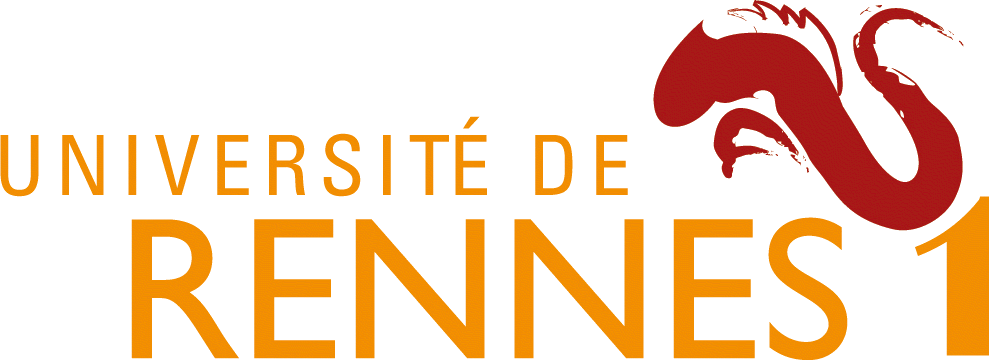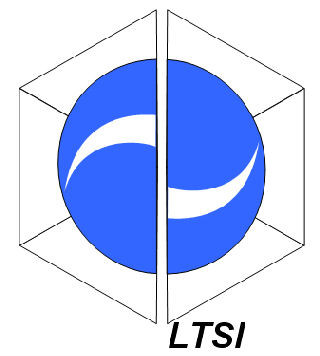News
Members
Publications
Software / Data
Job offers
Images / Videos
Collaborations
Conferences
Lab meetings: "Les partages de midi"
Practical information
Members Area
Next conferences we are in …

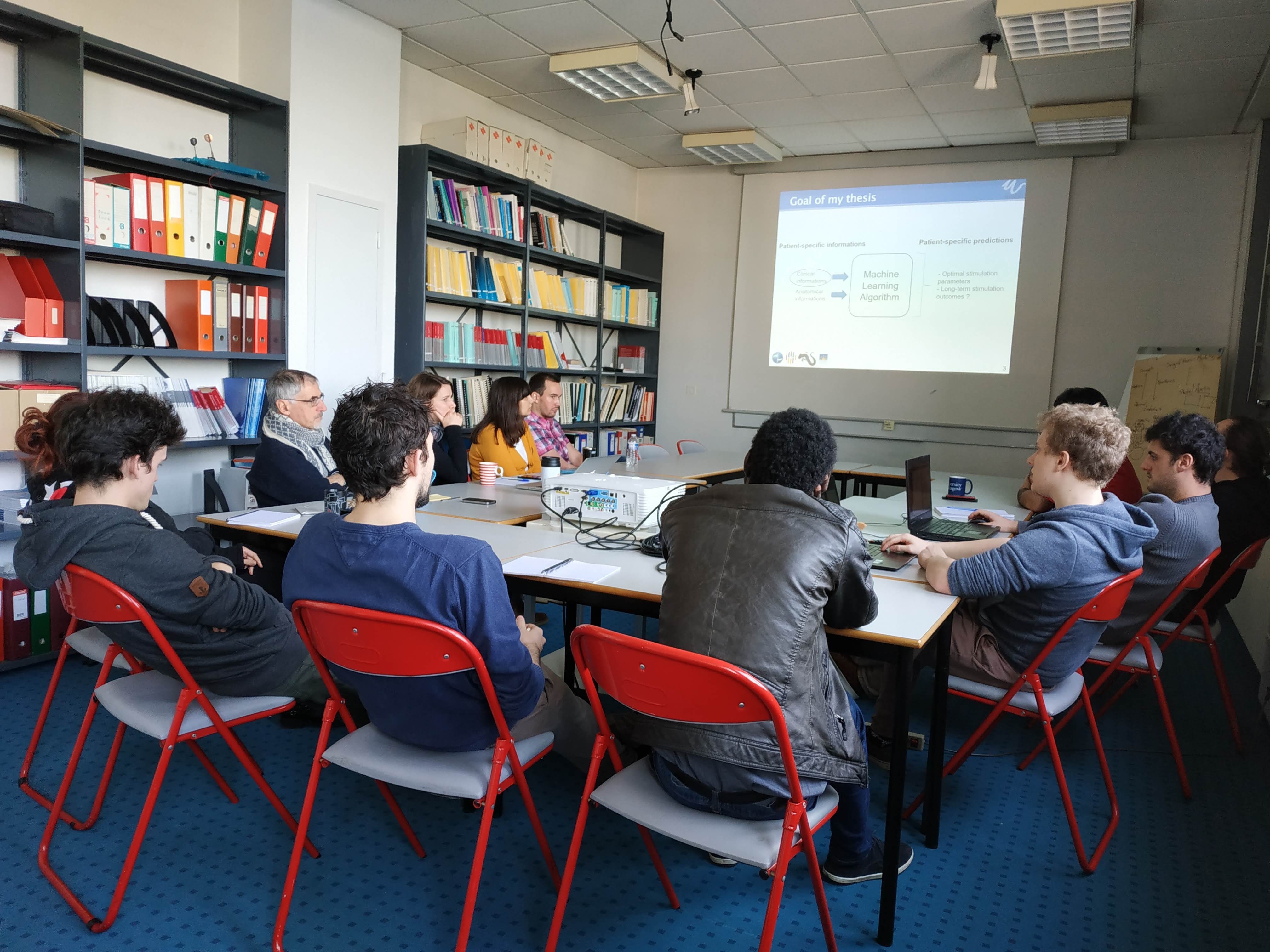
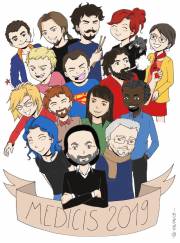
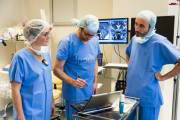
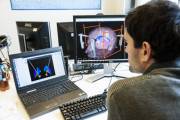
This shows you the differences between two versions of the page.
| Next revision | Previous revision | ||
|
confs_page:sds_robotic_surgery [2024/04/04 11:53] ahuaulme created |
confs_page:sds_robotic_surgery [2024/04/29 15:58] (current) ahuaulme [Important dates] |
||
|---|---|---|---|
| Line 1: | Line 1: | ||
| - | -------- | + | ====== Applying Surgical Data Science in Robotic Surgery ====== |
| - | Applying Surgical Data Science in Robotic Surgery | ||
| Workshop at the 16th Hamlyn Symposium on Medical Robotics | Workshop at the 16th Hamlyn Symposium on Medical Robotics | ||
| Line 7: | Line 6: | ||
| Hamlyn Centre for Robotic Surgery at Imperial College London – 25th June 2024 | Hamlyn Centre for Robotic Surgery at Imperial College London – 25th June 2024 | ||
| - | https://www.hamlynsymposium.org/events/applying-surgical-data-science-in-robotic-surgery/ | + | [[https://www.hamlynsymposium.org/events/applying-surgical-data-science-in-robotic-surgery/]] |
| - | + | ===== Abstract ===== | |
| - | Abstract | + | |
| Deep learning and data science are evolving rapidly, making applications that would have been unthinkable until a few years ago possible, even in the medical-surgical domain. At the same time, surgery is starting to introduce robotic instruments that claim “intelligent” functions. As these robotic devices become more complex and autonomous, greater intelligence and knowledge are required of them. Thus, a pressing challenge is how to give them such knowledge in a transparent and balanced way, that meets all the ethical requirements and that could be automatically extracted from the available information or from the data collected during the intervention. In the robotic-surgical world, these data are multimodal and include videos of interventions, pre- or intra-operative images, alarms, dialogues between clinicians in the operating room, written notes and surgical textbooks, or kinematic data collected by the robot sensors. | Deep learning and data science are evolving rapidly, making applications that would have been unthinkable until a few years ago possible, even in the medical-surgical domain. At the same time, surgery is starting to introduce robotic instruments that claim “intelligent” functions. As these robotic devices become more complex and autonomous, greater intelligence and knowledge are required of them. Thus, a pressing challenge is how to give them such knowledge in a transparent and balanced way, that meets all the ethical requirements and that could be automatically extracted from the available information or from the data collected during the intervention. In the robotic-surgical world, these data are multimodal and include videos of interventions, pre- or intra-operative images, alarms, dialogues between clinicians in the operating room, written notes and surgical textbooks, or kinematic data collected by the robot sensors. | ||
| Line 17: | Line 15: | ||
| We invite submissions to this workshop to investigate the possible applications that surgical data science can have in robotic surgery. Furthermore, this workshop wants to contribute to the growth and impact of surgical data science in surgical robotics, analyze current gaps in the successful practical implementation of data-driven approaches in robotic surgery, and propose concrete steps to strengthen the field. | We invite submissions to this workshop to investigate the possible applications that surgical data science can have in robotic surgery. Furthermore, this workshop wants to contribute to the growth and impact of surgical data science in surgical robotics, analyze current gaps in the successful practical implementation of data-driven approaches in robotic surgery, and propose concrete steps to strengthen the field. | ||
| - | |||
| Authors of the accepted papers will be invited to present their work as poster in dedicated sessions. | Authors of the accepted papers will be invited to present their work as poster in dedicated sessions. | ||
| - | |||
| - | |||
| - | Topics of interest | ||
| + | ===== Topics of interest ===== | ||
| Topics of interest include (but are not limited to): | Topics of interest include (but are not limited to): | ||
| + | * Methods for (multimodal) analysis of surgical data captured before and during the surgery | ||
| + | * Methods for robotic-surgical workflow generation using surgical data science | ||
| + | * Applications of surgical data science in robotic-surgery | ||
| + | * Applications of LLMs in robotic-surgery | ||
| + | * Knowledge-bases for knowledge management in robotic-surgery | ||
| + | * New datasets for training deep learning methods for robotic-surgery | ||
| + | * Certification of correctness and safety of robotic modules based on surgical data science | ||
| - | - Methods for (multimodal) analysis of surgical data captured before and during the surgery | + | ===== Important dates ===== |
| + | * Poster submission deadline: <del>6th</del> 20th May, 2024 | ||
| + | * Notification of acceptance: <del>15th</del> 29th May, 2024 | ||
| + | * Workshop day: 25th June, 2024 | ||
| + | * Main conference days: 25th -28th June 2024 | ||
| - | - Methods for robotic-surgical workflow generation using surgical data science | + | ===== Extended abstract template and instructions ===== |
| - | - Applications of surgical data science in robotic-surgery | + | Your submission should be no more than **2 pages double-column** and should include the following sections: |
| + | * Introduction | ||
| + | * Materials and Methods | ||
| + | * Results and Discussions | ||
| + | * Conclusions | ||
| + | * (Acknowledgments) | ||
| + | * References | ||
| - | - Applications of LLMs in robotic-surgery | + | The template of the abstract is available [[https://drive.google.com/file/d/1T26hN7uBh5eTJ4KC3cCEnmpw9K9iPqHc/view| here]] |
| - | + | ||
| - | - Knowledge-bases for knowledge management in robotic-surgery | + | |
| - | + | ||
| - | - New datasets for training deep learning methods for robotic-surgery | + | |
| - | + | ||
| - | - Certification of correctness and safety of robotic modules based on surgical data science | + | |
| - | Important dates | + | ===== Abstract submission ===== |
| - | Poster submission deadline: 6th May, 2024 | + | Upload the PDF of your extended abstract by filling this |
| - | Notification of acceptance: 15th May, 2024 | + | [[https://docs.google.com/forms/d/e/1FAIpQLSf1vdNMJ2fMjAc-jNOMBhkaT4d_TyIWIbzsE5l0KaH6LBApWg/viewform|online form]] |
| - | Workshop day: 25th June, 2024 | + | |
| - | Main conference days: 25th -28th June 2024 | + | |
| - | Extended abstract template and instructions | + | ===== Program Chairs ===== |
| - | + | * [[https://www.dlls.univr.it/?ent=persona&id=47188&lang=en|Marco Bombieri]], University of Verona, Italy | |
| - | Your submission should be no more than 2 pages double-column and should include the following sections: | + | * [[members:arnaud.huaulme:index|Arnaud Huaulmé]], University of Rennes, France |
| - | + | * [[members:pierre.jannin:index|Pierre Jannin]], University of Rennes, France | |
| - | - Introduction | + | * [[https://www.dimi.univr.it/?ent=persona&id=9&lang=en|Paolo Fiorini]], University of Verona, Italy |
| - | + | ||
| - | - Materials and Methods | + | |
| - | + | ||
| - | - Results and Discussions | + | |
| - | + | ||
| - | - Conclusions | + | |
| - | + | ||
| - | - (Acknowledgments) | + | |
| - | + | ||
| - | - References | + | |
| - | + | ||
| - | The template of the abstract is available at: | + | |
| - | + | ||
| - | https://drive.google.com/file/d/1T26hN7uBh5eTJ4KC3cCEnmpw9K9iPqHc/view | + | |
| - | + | ||
| - | + | ||
| - | + | ||
| - | Abstract submission | + | |
| - | + | ||
| - | Upload the PDF of your extended abstract by filling the online form: | + | |
| - | + | ||
| - | https://docs.google.com/forms/d/e/1FAIpQLSf1vdNMJ2fMjAc-jNOMBhkaT4d_TyIWIbzsE5l0KaH6LBApWg/viewform | + | |
| - | + | ||
| - | + | ||
| - | + | ||
| - | Program Chairs | + | |
| - | + | ||
| - | Marco Bombieri, University of Verona, Italy | + | |
| - | Arnaud Huaulmé, University of Rennes, France | + | |
| - | Pierre Jannin, University of Rennes, France | + | |
| - | Paolo Fiorini, University of Verona, Italy | + | |
| - | Contact | + | ===== Contact ===== |
| - | For additional information please contact Marco Bombieri at marco.bombieri_01@univr.it and Arnaud Huaulmé at arnaud.huaulme@univ-rennes.fr | + | For additional information please contact Marco Bombieri at __marco.bombieri_01@univr.it__ and Arnaud Huaulmé at __arnaud.huaulme@univ-rennes.fr__ |

